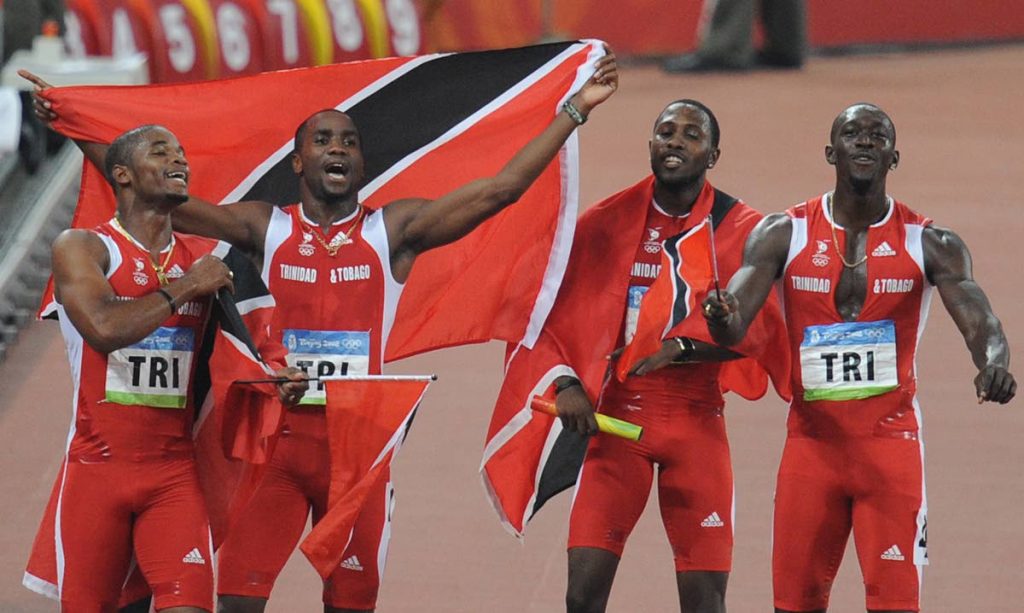Editorial: Profiting from sport$

Brian Lewis’ view that sports must be seen an industry and sports originations must be entrepreneurial, should be given careful but pressing study.
Lewis, the TT Olympic Committee president, wants national sporting organisations (NSOs) to rely less on government subventions and to reinvent themselves, grow into self-sustaining, profitable bodies. The problem, however, is that while sports is business, business is yet to get the memo.
As observed by Ephraim Serrette, the National Association of Athletics Administration president, corporate bodies only step up to the plate when there is success.
“They would come on board after the results,” he said. “Nobody is willing to invest and see something happen from the ground. It continues to be a challenge.”
There’s a big difference between cashing in on somebody else’s hard work and investing in them.
Though NSOs shouldn’t have to depend on the state, so far it’s the state enterprises doing the heavy lifting. Think of, for example, NGC.
The state already plays a big role in providing and maintaining facilities and supporting community clubs. That should continue. As should its special incentives to support athletes preparing for marquee events like the Olympics. These costs can easily run into the millions, as Serrette points out. So without state support the demise of sport may be sooner.
The system must be revamped, starting with a new national sports development plan. This plan should address the definition of amateur versus professional leagues, help community entities develop entrepreneurial nous, inspire chambers and small businesses to get into the equation, and encourage the prospect of private ownership of clubs.
TT now has top sporting stadia that include the National Cycling Velodrome and the National Aquatic Centre, in Couva. It will also host the 2021 Commonwealth Youth Games. TT is well-poised to build momentum.
But it all starts with sporting talent. This means identifying, nurturing, and supporting the individuals who will excel and, in the process, inspire others to get behind them and to turn up to see them play.
If sporting organisations can find profitability, this will allow the state to focus on enabling conditions. The state’s sporting agencies, too, would do well by hosting more international tournaments and promoting local facilities as training venues for foreign teams. Sports tourism is also an important part of turning sport into an industry and the upcoming World Interhash Trinidad tournament is a noteworthy example. Hundreds are expected later this year for that outdoor event, which will be a mix of sport and entertainment. It’s potentially a great example of taking what’s unique to us, our terrain, and using it as an inviting, memorable backdrop to a holistic experience.
“There are so many opportunities,” Lewis said. “We need to wake up. The sports industry in TT is a sleeping giant.”
TT has won 19 medals in the history of the Olympics, with track and field earning 15 – three gold, four silver and eight bronze. That alone is worth putting in the bank. But that tally could be higher yet, and the returns even greater, if we get our act together.

Comments
"Editorial: Profiting from sport$"